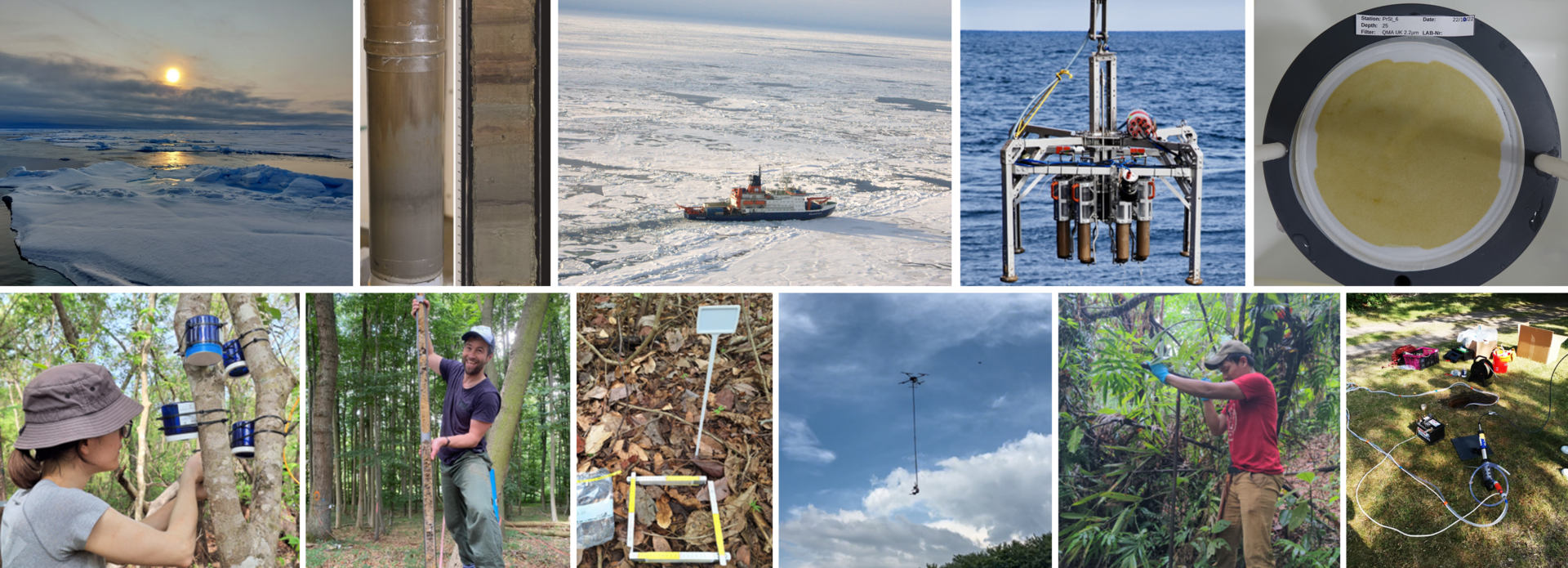
We investigate the biogeochemical cycles of trace elements in terrestrial and marine ecosystems. A particular focus is on reconstructing past environmental conditions using geochemical archives such as sediments and peatlands in order to better understand the effects of climate change on material cycles.
We are interested in the influence of climatic changes and the role of natural organic matter on the transport and behavior of trace elements, especially in forest ecosystems (temperate latitudes and tropics).
Our current research projects deal with the effects of climate change on biogeochemical cycles in terrestrial and marine systems, the role of organic matter in the transport of trace elements, and the formation and distribution of methylmercury.
Lead:
Prof. Dr. Harald Biester
+49 (0) 531 391-7240
h.biester@tu-braunschweig.de
Langer Kamp 19C
38106 Braunschweig
We investigate mercury contaminated sites and develop methods to stabilize or remove mercury from polluted soils or groundwater. Our current emphasis is on the species-based development and application of filtering materials for removal of mercury from contaminated groundwater and on species transformation processes which reduce mercury mobility in soils and groundwater.
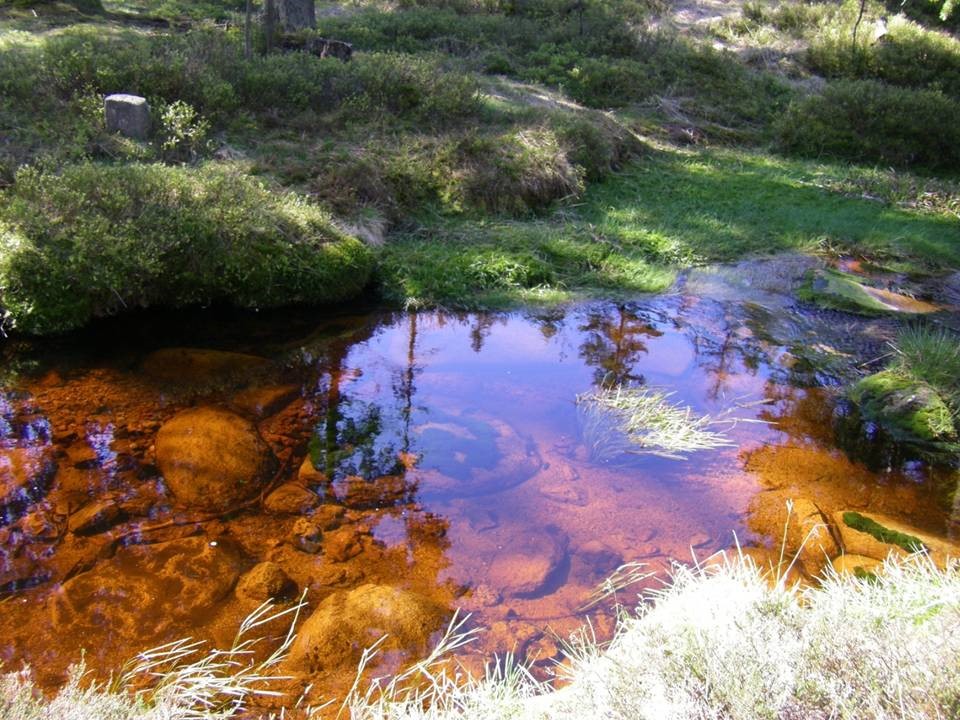
We conduct several projects on the formation of environmental signals based on biogeochemical proxies. We are interested in understanding what geochemical signals indicate and how they are preserved in geo-archives such as peat bogs and lake sediments. We apply multi-element analytical methods including organic matter characterization and multivariate statistics.
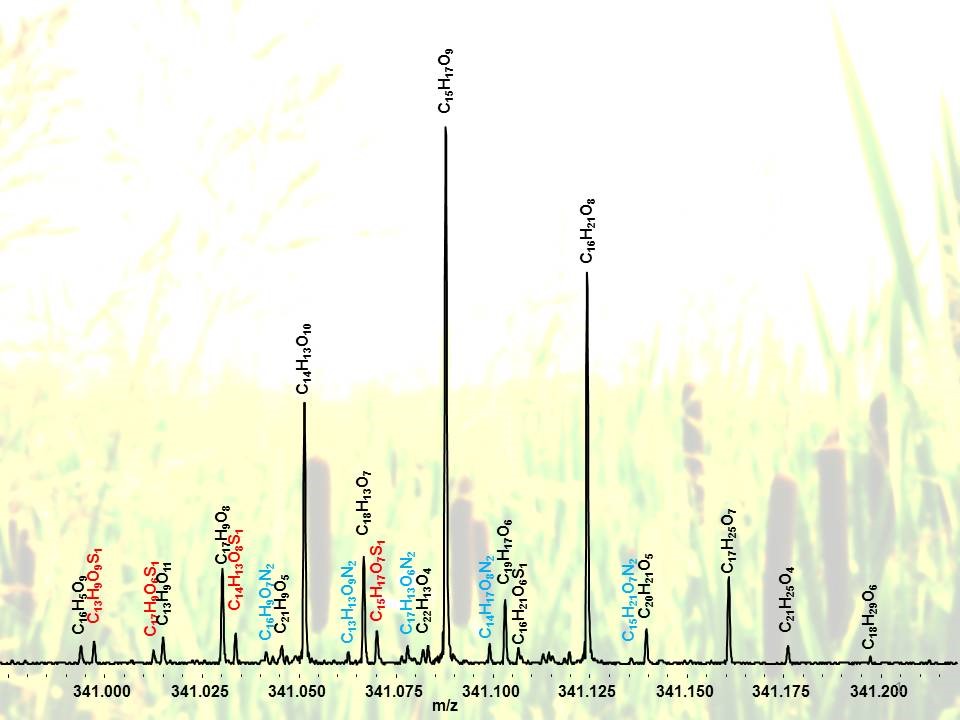
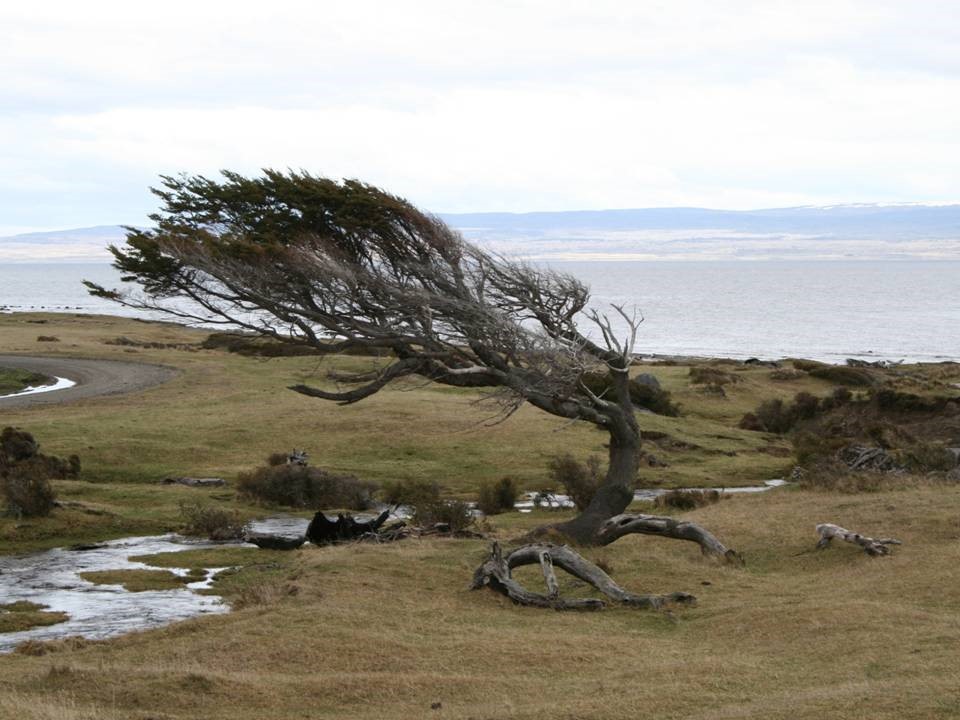
We investigate coupling of trace element and organic matter cycling on a micro- to ecosystem scale. Main emphasis is the understanding of processes of trace element organic matter interactions and their coupling to hydrological and climatic drivers, which both control release of trace element and carbon from soils to aquatic systems. Currently, we study the release of dissolved organic matter associated lead and arsenic from wetlands to drinking water reservoirs.
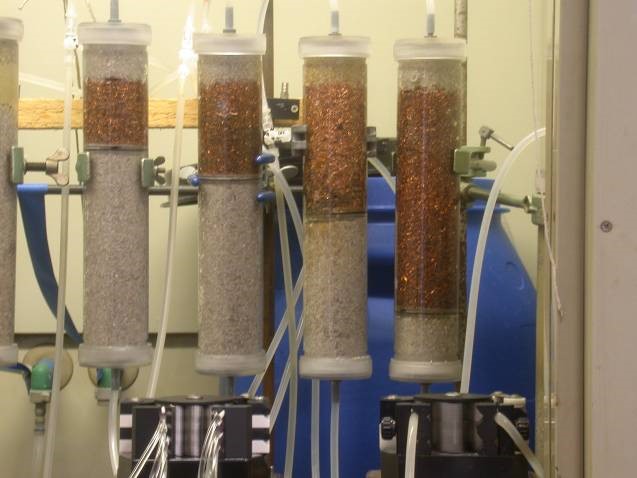
We have developed analytical methods which allow speciation of mercury phases and species in all kinds of solid matter such as soils, sediments, and mining residues. We apply these methods in combination with geochemical modeling to several mercury-contaminated sites worldwide for risk assessment and remediation strategies.